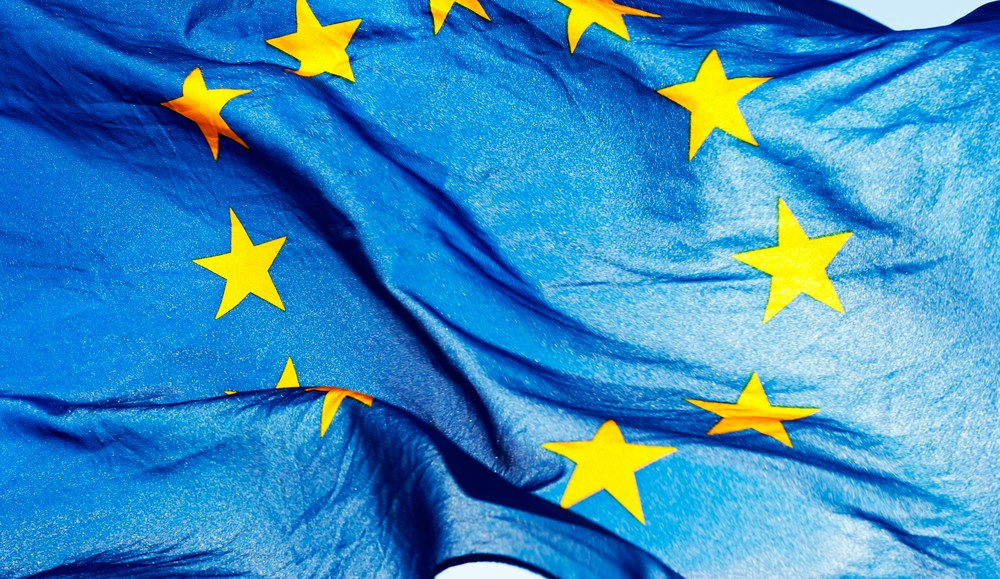
Politico is the latest U.S. publisher to contemplate international expansion. But translating its national politics coverage of Washington, D.C., to the supranational European Union doesn’t promise to be easy.
For the challenge that lies ahead, it’s taking a page out of the Huffington Post playbook: Like the HuffPost, Politico is partnering with a local publisher to give it a head start. It’s also going one step further and buying another.
Politico Europe, a 50/50 joint venture with German publisher Axel Springer, is set to launch in the spring. It’s in the process of building a team of more than 40 editorial staff across European capitals and key cities, including Brussels, London, Paris, Frankfurt and Moscow. Its aim: Have the biggest editorial staff covering the ins and outs of politics and policy than any publication in Europe.
“Brussels is the stage, but the actors come from elsewhere and the script is written between capitals. We’re going to try to connect those dots,” said Matthew Kaminski, Politico Europe’s executive editor. “We acknowledge that it’s different from the U.S., but there are some similarities — it’s still about people. We’ll try to bring this political theater to life in a way that’s fresh, that’s fast, that’s fun and at the same time authoritative.”
Politico also acquired EuropeanVoice.com, a site covering European politics. It also bought French events company Development Institute International in December to help give the joint venture a leg up in selling events sponsorships. Axel Springer will offer operations and sales support.
Politico Europe is looking to build subscriptions to Politico Pro, its paywall site, as well as establish a sales team to promote its advocacy advertising model and pitch lobbying firms and interest groups. Its content will not just live online but in advertising-supported print too, with distribution planned across the major political hubs in Europe.
Competition on the business side will be tough. Every major political news brand in Europe, and public affairs agency for that matter, trumpets their connections with European decision-makers. National newspapers also run their own sponsored events around major political hubs, like the Guardian’s event at the 2014 Labour Party conference. But Politico is convinced it has found a niche it can own in European affairs.
“We’re positioned uniquely because our target audience is different. We’re focused serving political decision-makers and the ecosystem that surrounds them,” said Gabe Brotman, head of strategy and business development at Politico Europe. “Compared to The Economist, FT and WSJ, we’re not limited by frequency and space. At a national level, newspapers report stories from the EU which fit with the national agenda. Sector-specific trade publications are great but can miss the broader view of what’s actually happening.”
One media commentator said the barriers to entry for Politico will likely be very high. ComScore’s desktop traffic survey in 2014 showed a monthly unique audience of 3.9 million in the U.S. versus 54,000 in Europe, so there’s an uphill battle. EuropeanVoices.com didn’t meet comScore’s minimum traffic requirements to register.
“They got where they are in Washington because they knew their stuff, kept readers updated with issues minute by minute, and did so with digital savvy that others didn’t have. But Brussels is already riddled by public affairs companies and briefings, and they won’t have the same first-mover advantage they had in the U.S. It’s a tall order, so they’ll have to hire fantastic people,” said Charlie Beckett, LSE media professor and director at the Polis think tank.
“That said, there’s so much information overload if they can come up with a bright, funky, user-friendly product that really delivers; the rewards could be great. Even global brands tend to see their lobbying or advocacy as a regional activity, and the pie is quite big,” he added.
Homepage image via Shutterstock
More in Media

From sidelines to spotlight: Esports events are putting creators center stage
Esports events’ embrace of content creators reflects advertisers’ changing priorities across both gaming and the wider culture. In the past, marketers viewed esports as one of the best ways to reach gamers. In 2025, brands are instead prioritizing creators in their outreach to audiences across demographics and interest areas, including gaming.

Condé Nast and Hearst strike Amazon AI licensing deals for Rufus
Condé Nast and Hearst have joined the New York Times in signing a licensing deal with Amazon for its AI-powered shopping assistant Rufus.

Media Briefing: AI payouts may be entering a new era
AI compensation is evolving — and new models, not just publisher demands, are driving the shift beyond flat-fee licensing.





